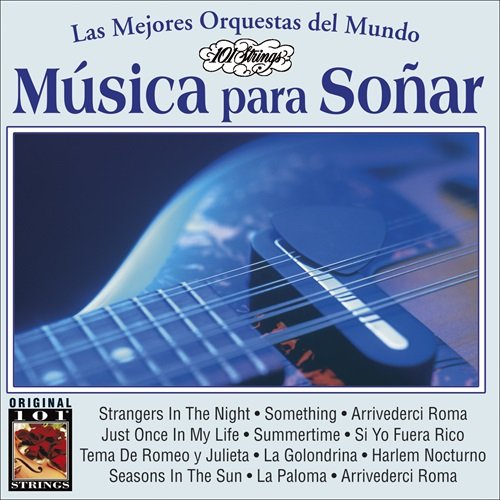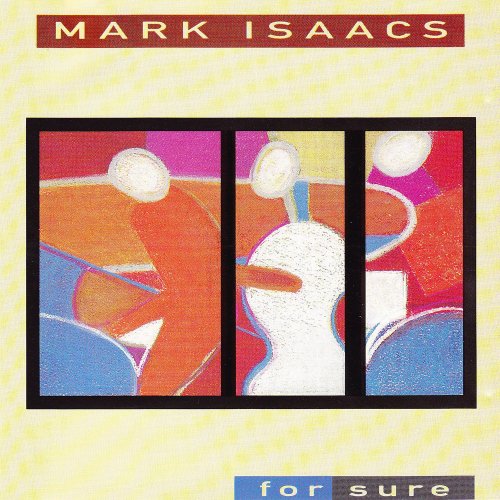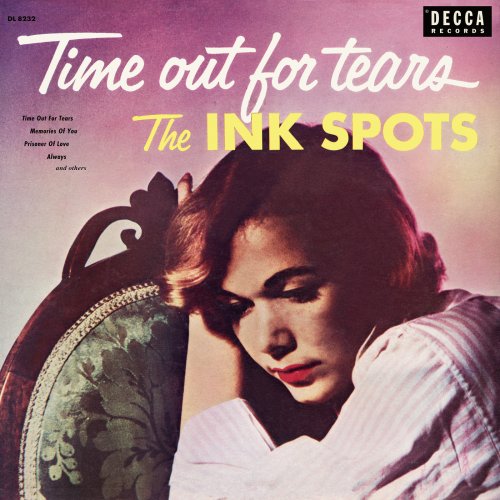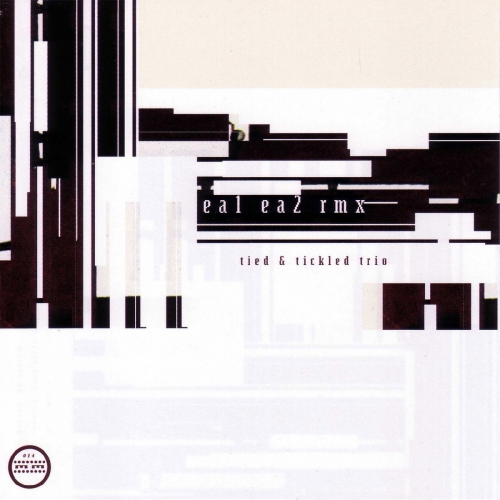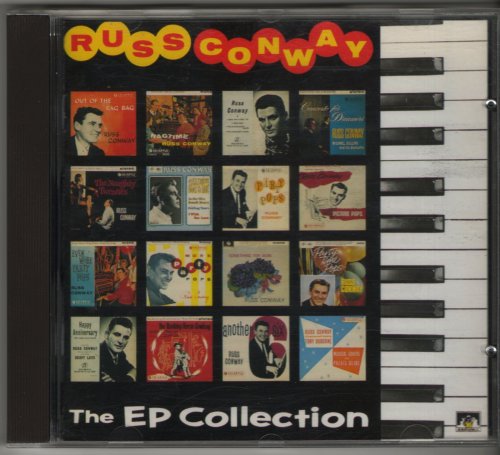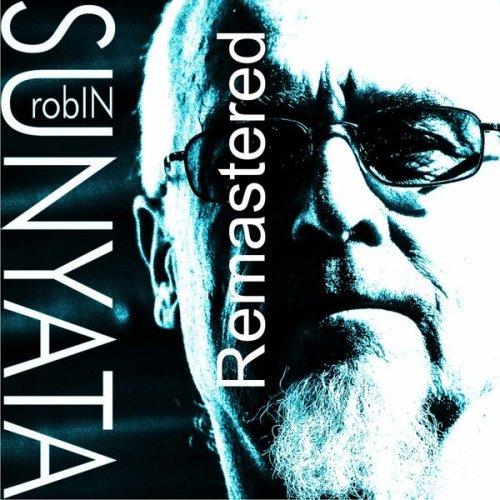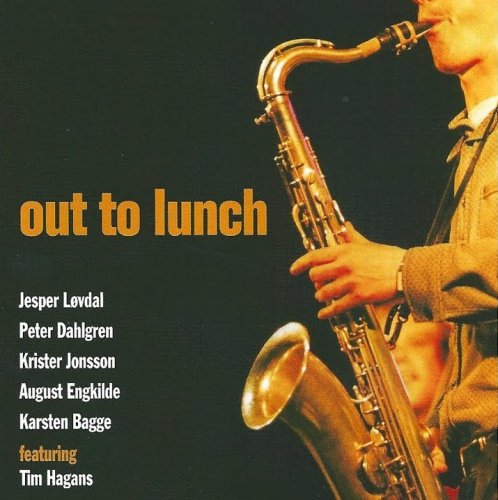Gabriel Alegria Afro-Peruvian Sextet - Social Distancing: Coming Together While Apart (2021) Hi Res
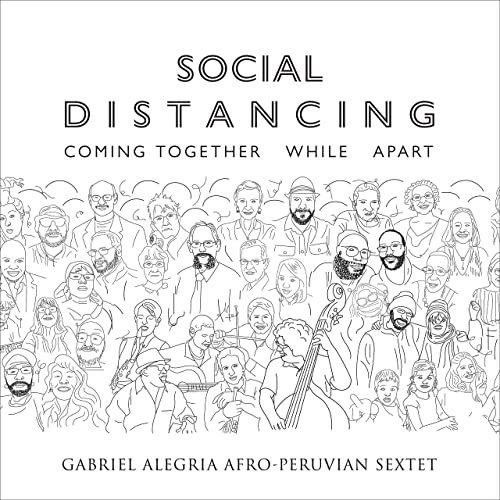
Artist: Gabriel Alegria Afro-Peruvian Sextet
Title: Social Distancing: Coming Together While Apart
Year Of Release: 2021
Label: Tiger Turn
Genre: Jazz
Quality: 320 kbps | FLAC (tracks) | 24Bit/96 kHz FLAC
Total Time: 00:57:19
Total Size: 134 mb | 374 mb | 1.2 gb
WebSite: Album Preview
Tracklist:Title: Social Distancing: Coming Together While Apart
Year Of Release: 2021
Label: Tiger Turn
Genre: Jazz
Quality: 320 kbps | FLAC (tracks) | 24Bit/96 kHz FLAC
Total Time: 00:57:19
Total Size: 134 mb | 374 mb | 1.2 gb
WebSite: Album Preview
01 - Gabriel Alegria Afro-Peruvian Sextet - Opening- And the People Stayed Home
02 - Gabriel Alegria Afro-Peruvian Sextet - Mirando El Shingo
03 - Gabriel Alegria Afro-Peruvian Sextet - Covid 19
04 - Gabriel Alegria Afro-Peruvian Sextet - The Mask
05 - Gabriel Alegria Afro-Peruvian Sextet - George and Breonna
06 - Gabriel Alegria Afro-Peruvian Sextet - The New Normal
07 - Gabriel Alegria Afro-Peruvian Sextet - Any Day Now
08 - Gabriel Alegria Afro-Peruvian Sextet - Amaranta
09 - Gabriel Alegria Afro-Peruvian Sextet - Octavio and Natalia
10 - Gabriel Alegria Afro-Peruvian Sextet - Reprise- And the People Stayed Home
The confluence of a worldwide pandemic, a whole lot of masks, 120 determined fans, and a poem-gone-viral have produced the bold and brilliant album Social Distancing, on which the Gabriel Alegría Afro-Peruvian Sextet powerfully connects with planet Earth’s new reality. From relentless percussive chaos to sublime harmonies of healing, every moment of this recording delivers the listener from the confusion of the 2020 pandemic into an undeniably safe place: A new home called Afro-Peruvian jazz music. The band dug deep into their longstanding relationship with their fan base for this project. On the cover of Social Distancing are hand drawings of more than 120 fans who sent in their pictures as part of the design process. The faces of the pandemic are thus vividly captured in an album that is a rollercoaster of musical emotions. The actual pictures create a kaleidoscopic image on the CD itself. “When the pandemic hit, I had two choices,” Alegría says. “Stop everything and lay off the band… or figure out a way to keep going.” So the trumpeter, composer, and bandleader searched inwardly into his own experience for an answer and remembered that his band has already weathered divorce, drug rehab, natural disasters, and much more. “I wasn’t going to let this stop us,” he says. By moving his entire operation online and investing heavily in the latest technology, including a series of state-of-the art online concert experiences ticketed the world over, Alegría guided Social Distancing to fruition. Social Distancing is a testament-in-sound that documents the story of the 2020 pandemic. Its infectious rhythm makes the listener feel that concept as well as think it on a par with the great concept albums of the 20th century (think Sgt. Pepper’s Lonely Hearts Club Band) and more recent 21st-century conceptual efforts in the jazz world such as Ted Nash’s Presidential Suite: Eight Variations on Freedom. The long and profound musical relationships between band members are palpable in every bar of Social Distancing. Saxophonist Laura Andrea Leguía (15 years with the band), master percussionist Freddy “Huevito” Lobatón (also a 15-year veteran), bassist Mario Cuba (7 years), drummer Hugo Alcázar (15 years), and acoustic guitarist Yuri Juárez (13 years) navigate the waters of Afro-Peruvian jazz music seamlessly and organically. The Afro-Peruvian jazz language is intrinsically theirs, and the resulting musical dialogue occurs at the highest level. “This band is like a family, and we communicate that way. But we really wanted this album to build community and create communication among all people,” says Alegría, “and so we’ve been in contact with the fan base every step of the way.” Social Distancing comes with another surprising element. It was during a late-night call from Lima to New York that bassist and composer Mario Cuba asked Gabriel to add a spoken-word piece over the music. Specifically, Mario had found an untitled poem identified as “And the People Stayed Home,” written by a mostly unknown author named Kitty O’Meara. Unknown, that is, until her poem about the pandemic went viral and was picked up by everyone from Deepak Chopra to Oprah magazine. An intensive search was launched to track her down, and ultimately Ms. O’Meara ended up collaborating directly with the band by recording the poem herself. “Kitty’s contribution to this album has touched us all. Her poem is simple prose, yet it magically embodies what we all want to feel, and that is a rare thing,” muses Alegría. The album starts and ends with Mario Cuba’s “And the People Stayed Home…” and Kitty O’meara’s reading of the poem first in English, then in Spanish frames the entire experience that is Social Distancing: the hope that something good will come out of this collective reality of together and apart. Social Distancing includes a powerful and uplifting Alegría original called “Mirando al Shingo,” a nod to his grandfather Ciro, one of the best-known novelists in Latin America. “I never met the guy,” laughs Alegría. “But growing up as ‘Ciro Alegría’s grandson’ in Peru means you hear a lot of stories. ‘Mirando al Shingo’ is a quirky story of how my grandfather was not cut out to work the family hacienda and was found skipping work and staring off into the ether.” “Shingo” represents life before the pandemic and a soothing guitar lullaby ends this piece, only to be met by a striking and very dissonant piano chord that announces the pandemic. “Covid-19,” with piano work by Russell Ferrante (a longtime collaborator of the band and keyboardist with the seminal fusion band The Yellowjackets), is constructed out of a 12-tone row a 20th-century atonal compositional technique called serialism that Alegria describes as “cold, atonal, and impersonal. It really portrays the angular and deadly power of this virus.” Next comes “The Mask,” featuring a deafening crescendo that brings to mind the ending of Lennon-McCartney’s “A Day in the Life,” followed by a fascinating and very deliberate spoken-word interpretation of the Peruvian Son de los Diablos by Maestro Freddy “Huevito” Lobatón. His deep, gravelly voice hauntingly conveys the darkness of the intention, whether or not the listener understands Spanish. “George & Breonna” is an improvisational masterpiece. According to Alegría, “it musically portrays exchanges at fever pitch, almost like fights.” The horns trade phrases that are as irregular as they are conversational, with interruptions, angular pitches, and ever-increasing intensity. Conceptually reminiscent of Miles Davis and his tribute to Jack Johnson, the tune revolves around only two chord changes and is named after two people whom Alegría honors as victims of racial hate and what he considers to be “the worst side of all mankind.” Nevertheless, Alegría still calls himself an “eternal optimist.” And the drama of the story unfolding in this recording shows a sign of that optimism in “The New Normal,” a righteous almost festive backbeat-laden blues piece set over a Peruvian panalivio groove. It includes an air of New Orleans marching bands as well, and somehow it all makes perfect sense. Laura Andrea Leguía reaches a level of unquestioned maturity on Social Distancing as both a composer and saxophonist. Her two works, “Pavlova” and “Any Day Now,” are luxurious gems that use the Peruvian lando groove to create lush soundscapes that incorporate the band’s signature achievement the creation of an unique and recognizable Afro-Peruvian style of jazz that has effectively changed the future of Latin Jazz forever. The impeccable recording quality of Social Distancing also stands out. It’s a recording destined to be an audiophile favorite. Peruvian engineer Julio Ortega made a bold decision: to mix a percussion instrument the Peruvian cajón at the same level as the traditional trumpet-saxophone melodic frontline familiar to jazz audiences. “We really decided to mix this record as Peruvians,” says Alegría. “Maybe it was the strangely liberating effect of quarantine, but at the end of the day Julio and I ignored the stereotypes of the jazz sound [only horns in front] and put the cajón right up there.” The recording was mastered by multi-grammy winner Alan Silverman. The sound of this recording is a tribute to the African Diaspora and a beacon of hope during these unprecedented times. And the listening experience is made more powerful by knowing that we are hearing a natural, synchronous, and liberating conversation between American Jazz and Black Music from Coastal Peru. “Afro-Peruvian jazz music is a fusion that is more organic and spiritual than it is cerebral and technical,” adds Alegría. “It is really anti-racial.” Gabriel Alegría was born in Lima, Peru in 1970 and raised there until age 9. He grew up a bicultural child, spending equal amounts of time in Peru and the United States. His grandmother was named Rosalia, and her nickname was "La Negra." But as Gabriel light-heartedly explains, “with a very pale-skinned Argentinian mother I ended up looking like a white boy from Ohio!” In a more serious reflection, he adds that “sometimes it’s hard for folks in North America to understand that Afro-Peruvian is a social and cultural construct where we come from, not necessarily based on the color of your skin.” While growing up, Alegria was introduced to classical music by his father and rock music by his uncle. Yellow Submarine and Peter and the Wolf were some of his earliest musical memories. And it was in Ohio, of all places, that he first heard the word “jazz.” “Friends at school and the band directors hipped me to the idea of jazz,” he recalls. While Alegría’s influences and life experiences have taken him around the world to play in and conduct symphony orchestras, jazz bands, and choirs, it is with the Afro-Peruvian Sextet that he has found his absolute comfort zone and spiritual fortitude. As a true ambassador, Alegría has also invited non-Peruvian-born artists into the world of Afro-Peruvian Jazz Music: Ron Carter, Maria Schneider, Arturo O’Farrill, Ingrid Jensen, Bobby Shew, the late Bill Watrous, Ari Hoenig, and Tierney Sutton, to name a few, have all participated in Alegría’s Afro-Peruvian jazz music projects and recordings over the years. The band leader explains that since the band’s inception, “home for us has meant keeping one foot in the United States and one foot in Peru. But truth be told, home for me is wherever the band is playing together.” The Afro-Peruvian Sextet’s discography started with Nuevo Mundo (2008), a recording that remained on the Jazz Week charts for over 35 weeks. The band’s sophomore release, Pucusana (2010), included Leguía’s now-classic valse-lando “Puerto Pimentel.” It was followed by Ciudad de Los Reyes (2013), the live Afro-Peruvian Jazz Secrets (2014), and the band’s 10th-anniversary recording 10 (2015), which with its mix of classic Afro-Peruvian tunes and jazz standards was highlighted by a bicultural masterpiece combining “El Condor Pasa” and Dave Brubeck’s “Take Five” into one breathtaking arrangement. The controversial album Diablo en Brooklyn (2017) cemented the band’s position in the marketplace, despite an unexpected reaction from one swath of the American audience. “Some people in more rural parts of the United States wrongly interpreted our ‘Diablo’ reference to mean we were worshipping the devil,” says Alegría. “And that fire was fueled because the album cover featured a devil mask, which people in the U.S. did not understand was part of a very Catholic and cultural tradition in Peru dating back to Colonial times. We even received some hate mail for the recording’s alleged blasphemy.” The sour taste left in Alegría’s mouth led to yet another bold move: To repurpose some of the music from Diablo and include it in Social Distancing. Remixing, remastering, and renaming tracks was part of something Alegria considered to be a “social experiment” and the process of recovery of his music. “I am very curious to see how these tracks go over in a completely different context, with different names and without the diablo imagery,” he says. Alegría’s well-documented crusade to share his passion and love for Afro-Peruvian jazz music with the world seems to have taken on new life during the Covid “pause.” A robust Member’s Area is now a prime feature of the Afro-Peruvian Sextet’s new website, which is full of exclusive content, educational materials, and even videos featuring other related artists. All of this launched during and largely because of—the 2020 pandemic. “It is very humbling to know that every day there are people everywhere waking up with us, enjoying their days with us, and truly invested in us,” says Alegría. “That alone is enough to get me through the next 15 years.” As someone who has been through thick and thin and maintained a working band for the past 15 years, Gabriel Alegría, of all people, should know.
